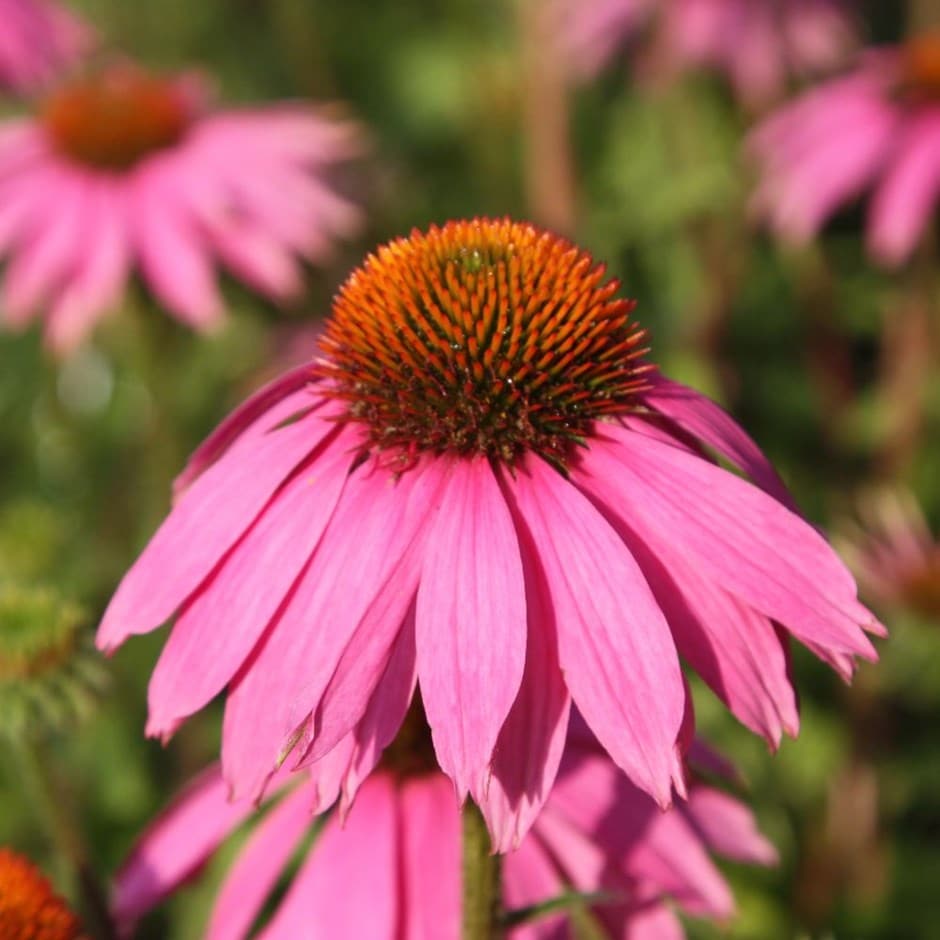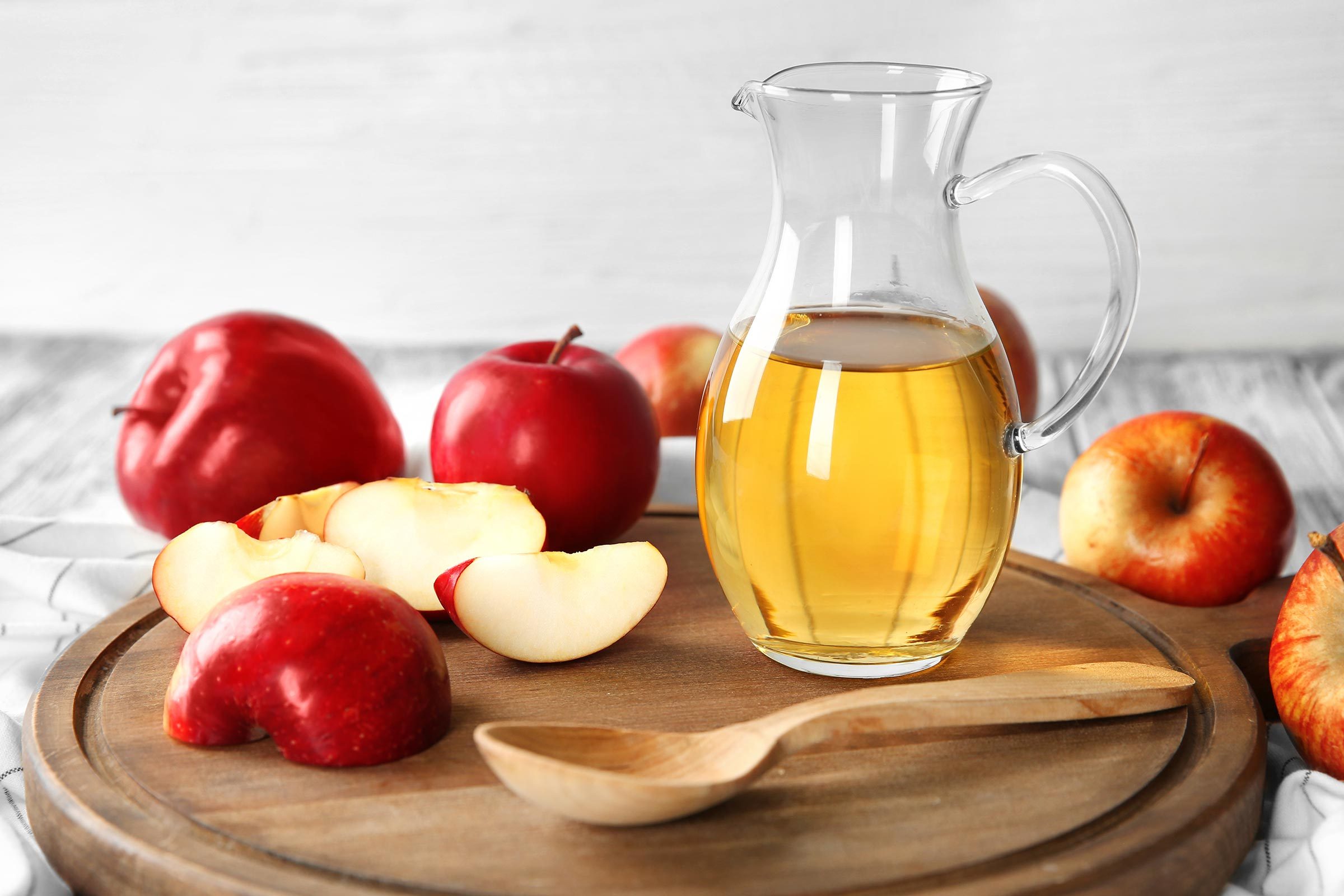When my son gets sick, I can visit his
pediatrician. After a lab test confirms a bacterial infection, he gets a prescription
for antibiotics. Problem solved.
But what if I
weren’t able to call the doctor?
What if the pharmacies weren’t open and I
couldn’t buy medicine?
Or what if there was an outbreak
of antibacterial-resistant bacteria?
These are just
some of the reasons why preppers should stockpile natural antibiotics.
How
to Use Natural Antibiotics
There are
numerous studies which show that natural antibiotics are just as good as
pharmaceuticals. In some cases, studies show that the natural antibiotics
are even more effective than the pharmaceutical.
Keep in mind
that studies usually don’t use the raw plant. The scientists use strong
extracts from the plants when doing their experiments. The results the
scientists get may not reflect the results you’d get by eating the plant.
For example,
garlic is one of the most well-known natural antibiotics. But it is the
compound allicin in garlic which kills bacteria.
You’d have to
eat a lot of garlic to get enough allicin to treat a bacterial
infection.
Likewise, most
teas aren’t potent enough to fight an infection.
You could
drink gallons of tea and still not make a dent in the bacterial population
(though drinking fluids is important when sick!).
To make sure natural antibiotics
are potent enough, you will need to:
· Buy them in tincture form
· Make your own tinctures
· Extract the essential oils
· Boil down to create a resin
· Make your own tinctures
· Extract the essential oils
· Boil down to create a resin
For detailed
instructions on how to make tinctures, essential oils, and resins,
see this post.
Fish
Antibiotics Option
If your main
interest in natural antibiotics is for disaster prepping, you should know that
fish antibiotics are also an option.
Fish
antibiotics are exactly the same as antibiotics prescribed for humans.
The difference is that you don’t need a prescription.
Top 11 Natural Antibiotics for Preppers
1.
Garlic

Garlic contains a compound
called allium which kills both gram-positive and gram-negative
bacteria. Studies have found it effective against various bacterial and
fungal infections.
The allium in garlic is particularly effective
against intestinal infections, such as those that cause diarrhea. Garlic is
even effective against bacteria which have become resistant to antibiotics.
How to Use: Tinctures or drink
the juice of raw garlic
Best For: Intestinal
infections, but also effective against many types of bacterial and fungal
infections.
2.
Clove
:max_bytes(150000):strip_icc()/cloves-whole-ground-2500-5886fc7f5f9b58bdb388bf23.jpg)
Clove is not only a potent natural antibacterial, but it also reduces inflammation and
pain.
Since it doesn’t have any negative effects
associated with it, you can even take clove oil daily as a way to prevent
infections.
This could be very smart to do in times of
hygiene crises, such as after a flood disaster.
How to Use: Essential oil or tincture
Best For: Food poisoning, oral infections (including
thrush), external use on skin infections
3. Cinnamon

Did you know that thieves who would steal jewelry
from dead bodies used to take a concoction made of cinnamon? The natural remedy
would keep them from getting sick.
Numerous studies support cinnamon’s natural
antibacterial properties. It has been shown effective in treating staph, E.
coli, streptococcus, and antibiotic strains of bacteria.
Just be warned that it may cause skin irritation,
so test a small amount before putting cinnamon oil on the skin.
How to Use: Essential oil or capsules
Best For: Strep throat, staph infections, diarrhea
4. Hot Peppers

Hot peppers, such as habanero, contain a compound
called capsicum. It is one of the most
potent natural antibiotics available.
While it may seem counterintuitive to eat spicy
foods when you have an upset stomach, capsicum is very effective against food
poisoning and GI infections. Yes, your bowels will move (which will help
remove the pathogens from your GI tract).
Capsicum also increases body temperature, which
in turn helps your body fight of viral and bacterial infections.
You can use hot pepper extracts on your skin
(such as by making a salve). However, some people have a bad reaction to
it. So always test the salve on a small portion of your skin before applying to
a skin infection.
How to Use: Juice of the pepper, essential oil
Best For: Fungal infections, food poisoning, staph
infections, ear infections, cholera, h. pylori, listeria, viral infections,
skin infections
5. Oregano

Oregano is another one of those potent natural
antibiotics that only works in high
concentrations.
You’d have to eat a massive amount of oregano to
fight an infection! Thus, you must make a tincture or oil extraction of
oregano.
I would recommend that you grow lot of oregano as
part of a medicinal garden. Then you can make
your own tincture or oil from your harvest. Otherwise, just buy oil of oregano
online.
How to Use: Oil or tincture; drinking oregano tea will
only have mild benefits; may burn if applied externally
Best For: Most types of poisoning (particularly E. coli),
athlete’s foot, ringworm, tooth infections, insect bites, muscle pain
6. Colloidal Silver
Colloidal silver is made from microscopic
particles of silver. While this isn’t something you can make yourself, it is a
good natural antibiotic to stockpile.
Silver is a potent antibiotic. It has also
been shown to increase the antimicrobial effects of pharmaceutical antibiotics
when taken with them.
While you can take colloidal silver orally, it is
best to only use externally – such as for treating wounds. If you take
too much of it, the silver can build up inside body tissues.
How to Use: Externally
Best For: Treating burns and wounds
7. Echinacea

Echinacea has numerous health benefits, including
boosting immunity, reducing inflammation, and fighting against pathogens.
It is most commonly used for treating respiratory
infections. However, you can use Echinacea for a wide variety of ailments.
Just be warned that the Echinacea tea you find in
supermarkets isn’t going to be potent enough to treat a serious infection.
You’ll want to use a tincture.
The tincture can be squirted directly on the
throat (for throat infections), consumed (for other internal infections),
or applied directly to skin (for wounds or yeast infections).
How to Use: Tincture, tea
Best For: Respiratory infections, throat infections, viral
infections (including the flu), urinary tract infections, yeast infections
8. Apple Cider Vinegar

I love this natural antibiotic because you can
find it in your pantry. Vinegars don’t spoil, so you can stockpile them
easily too. Plus, it isn’t that difficult to make your
own vinegar.
ACV has many health benefits, including
antimicrobial and antiviral.
While taking it internally might help boost your
immune system, it is most effective when it can be applied directly to the
infection.
That means using ACV as a gargle for sore throats
and tooth infections.
How to Use: Dilluted as a gargle
Best For: Throat infections, tooth infections
9. Probiotics
Probiotics are the “good” bacteria which are
found in your body.
We are becoming increasingly aware of how
important they are for everyday health. They can also be used to fight
bacterial infections.
The way that probiotics help infections is by
literally killing off the “bad” bacteria causing the infection. They’ll
help keep your flora balanced too.
Remember that even natural antibiotics can kill
good bacteria, so it’s a good idea to take probiotics during treatment.
It’s
a bit hard to stockpile probiotics because they go bad quickly. However,
you can make your own probiotics, such as with lacto
fermentation.
How to Use: Consume with food; take with other natural
antibiotics
Best For: GI infections
10. Cranberries

Most women already know that (unsweetened)
cranberry juice is a powerful natural cure for urinary tract infections.
The powerful antioxidants in cranberries have
also been shown to have an antibacterial effect on other types of infections.
Know that many types of bacteria feed on
sugar. So it is always best to drink unsweetened cranberry juice.
Heating the juice (which occurs in virtually all
store-bought juice) will also destroy antioxidants.
If possible, it is best to make your own
cranberry juice by blending the berries with some water in a blender and then
straining it.
How to Use: Drink unsweetened juice or take capsules
Best For: UTIs, food poisoning
11. Nettles

I love nettles because a) they are edible, b)
they are VERY nutritious and c) they grow like weeds.
Nettles are also one of the best natural
antibiotics that people don’t know about.
The antibacterial properties of nettles come from
their potent antioxidants. These antioxidants not only will kill
bacteria, but will boost your immune system so you can fight off the infection.
Unfortunately, nettles haven’t been as
extensively studied as the other natural antibiotics here so we don’t know their
full potential.
How to Use: Steam and eat, made into a tincture, essential
oils
Best For: Typhoid fever, food poisoning
Have you used natural antibiotics?
What ones would you add to the list?
+
Resources
Disclaimer: The staff at Primal Survivor are not
medical professionals and this article should not be construed as medical
advice. The health information in this article is not intended to assess,
diagnose, prescribe, or promise cure. Consult with your health care professional
before considering any natural supplement or plant remedy for your health and
wellness. Primalsurvivor.net and Survive&Prosper LLC assume no liability
for the use or misuse of the material presented above. Always consult with a
medical professional before changing your diet, or using manufactured or
natural medications.












